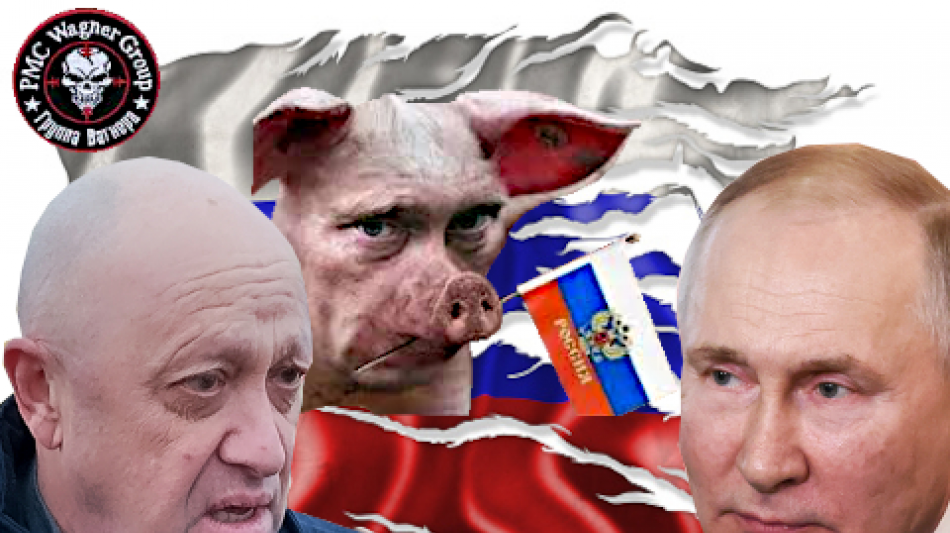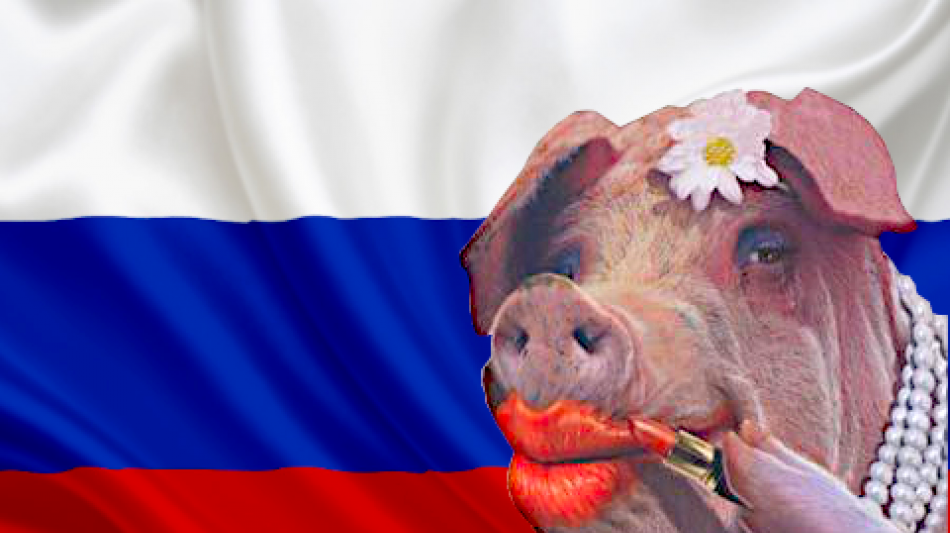-
 Nuggets edge Clippers in NBA playoff overtime thriller, Pacers thump Bucks
Nuggets edge Clippers in NBA playoff overtime thriller, Pacers thump Bucks
-
Unbeaten Miami edge Columbus in front of big crowd in Cleveland

-
 Kim takes one-shot lead over Thomas, Novak at RBC Heritage
Kim takes one-shot lead over Thomas, Novak at RBC Heritage
-
Another round of anti-Trump protests hits US cities

-
 'So grateful' - Dodgers star Ohtani and wife welcome first child
'So grateful' - Dodgers star Ohtani and wife welcome first child
-
PSG maintain unbeaten Ligue 1 record, Marseille back up to second

-
 US, Iran report progress in nuclear talks, will meet again
US, Iran report progress in nuclear talks, will meet again
-
US Supreme Court intervenes to block Trump deportations

-
 Hamas armed wing says fate of US-Israeli captive unknown
Hamas armed wing says fate of US-Israeli captive unknown
-
Pacers thump Bucks to open NBA playoffs

-
 Sabalenka reaches Stuttgart semis as Ostapenko extends Swiatek mastery
Sabalenka reaches Stuttgart semis as Ostapenko extends Swiatek mastery
-
Zelensky says Ukraine will observe Putin's Easter truce but claims violations

-
 'Fuming' Watkins fires Villa in bid to prove Emery wrong
'Fuming' Watkins fires Villa in bid to prove Emery wrong
-
DR Congo boat fire toll revised down to 33

-
 England thrash Scotland to set up France Grand Slam showdown
England thrash Scotland to set up France Grand Slam showdown
-
Verstappen's Red Bull 'comes alive' to claim record pole in Jeddah

-
 McTominay fires Napoli level with Inter as Conte fuels exit rumours
McTominay fires Napoli level with Inter as Conte fuels exit rumours
-
Rajasthan unleash Suryavanshi, 14, as youngest IPL player but lose thriller

-
 Man City boost top five bid, Aston Villa thrash in-form Newcastle
Man City boost top five bid, Aston Villa thrash in-form Newcastle
-
Villa rout Newcastle to rekindle bid to reach Champions League

-
 Dumornay gives Lyon lead over Arsenal in Women's Champions League semis
Dumornay gives Lyon lead over Arsenal in Women's Champions League semis
-
Trans rights supporters rally in London, Edinburgh after landmark ruling

-
 'We have to wait': Barca's Flick on Lewandowski injury fear
'We have to wait': Barca's Flick on Lewandowski injury fear
-
Bordeaux-Begles backups edge Pau to close in on Top 14 summit

-
 Trans rights supporters rally outside in London, Edinburgh after landmark ruling
Trans rights supporters rally outside in London, Edinburgh after landmark ruling
-
PSG beat Le Havre to stay on course for unbeaten Ligue 1 season

-
 Man City close in on Champions League with Everton late show
Man City close in on Champions League with Everton late show
-
14-year-old Vaibhav Suryavanshi becomes youngest IPL player

-
 Barca make stunning comeback to beat Celta Vigo in Liga thriller
Barca make stunning comeback to beat Celta Vigo in Liga thriller
-
Zverev sets up birthday bash with Shelton in Munich

-
 Man City boost top five bid, Southampton snatch late leveller
Man City boost top five bid, Southampton snatch late leveller
-
US Supreme Court intervenes to pause Trump deportations

-
 Alcaraz and Rune race into Barcelona final
Alcaraz and Rune race into Barcelona final
-
US, Iran to hold more nuclear talks after latest round

-
 Man City close in on Champions League thanks to Everton late show
Man City close in on Champions League thanks to Everton late show
-
Bayern close in on Bundesliga title with Heidenheim thumping

-
 Tunisia opposition figures get jail terms in mass trial
Tunisia opposition figures get jail terms in mass trial
-
Putin announces 'Easter truce' in Ukraine

-
 McLaren duo in ominous show of force in Saudi final practice
McLaren duo in ominous show of force in Saudi final practice
-
Afghan PM condemns Pakistan's 'unilateral' deportations

-
 Iran says to hold more nuclear talks with US after latest round
Iran says to hold more nuclear talks with US after latest round
-
Comeback queen Liu leads US to World Team Trophy win

-
 Buttler fires Gujarat to top of IPL table in intense heat
Buttler fires Gujarat to top of IPL table in intense heat
-
Unimpressive France stay on course for Grand Slam showdown

-
 Shelton fights past Cerundolo to reach Munich ATP final
Shelton fights past Cerundolo to reach Munich ATP final
-
Vance and Francis: divergent values but shared ideas

-
 Iran, US conclude second round of high-stakes nuclear talks in Rome
Iran, US conclude second round of high-stakes nuclear talks in Rome
-
Dumornay gives Lyon first leg lead over Arsenal in women's Champions League semis

-
 Trans rights supporters rally outside UK parliament after landmark ruling
Trans rights supporters rally outside UK parliament after landmark ruling
-
Rune destroys Khachanov to reach Barcelona Open final

Germany doesn't want any more migrants?
Germany, once a beacon of openness during the 2015 migrant crisis when it welcomed over a million refugees, appears to be undergoing a profound shift in its stance on immigration. Under the leadership of Friedrich Merz, the newly elected chancellor from the Christian Democratic Union (CDU), the country is tightening its borders and rethinking its reliance on foreign labour. This pivot, driven by economic pressures, security concerns, and a resurgent far-right, raises questions about the future of a nation long defined by its post-war commitment to multiculturalism and economic pragmatism.
A Legacy of Openness Under Strain:
Germany’s immigration policy has historically been shaped by necessity and morality. After World War II, the "Wirtschaftswunder—the economic miracle—relied" on "Gastarbeiter" (guest workers) from Turkey and southern Europe to rebuild the nation. In 2015, Chancellor Angela Merkel’s decision to open borders to Syrian and other refugees was both a humanitarian gesture and a bid to bolster an ageing workforce. By 2020, immigrants and their descendants comprised 26% of Germany’s 83 million residents, per the Federal Statistical Office, contributing significantly to sectors like manufacturing and healthcare.
Yet, the mood has soured. The CDU’s victory in the 23 February 2025 federal election, securing 28.5% of the vote, came amid a surge for the anti-immigrant Alternative für Deutschland (AfD), which captured 20%. Merz, forming a coalition with the Social Democratic Party (SPD), has vowed to address what he calls “uncontrolled inflows,” signalling a departure from Merkel’s legacy.
Economic Pragmatism Meets Saturation:
Germany’s economy, Europe’s largest, has long depended on immigrants to fill labour gaps. In 2024, the Institute for Employment Research (IAB) estimated a shortage of 400,000 skilled workers, particularly in engineering and nursing. The birth rate, at 1.5 children per woman, remains well below replacement level, amplifying the need for foreign talent. So why the reversal?
Uneducated immigrants are a burden on the German welfare system:
Analysts point to a saturation point. Unemployment, though low at 5.5% in 2024, masks regional disparities and a growing perception that immigrants strain welfare systems. The influx of 200,000 Ukrainian refugees since 2022, while largely welcomed, has stretched housing and social services, with cities like Berlin reporting a 20% rise in rents over two years. Merz has argued that Germany must “prioritise integration over importation,” citing a 2024 Interior Ministry report that 30% of recent arrivals remain jobless after five years—a statistic seized upon by critics of open borders.
Security and the Far-Right Shadow - Too many Migaten are simply criminal:
Security concerns have further fuelled the shift. High-profile incidents, such as the December 2024 knife attack in Mannheim by an Afghan asylum seeker, which left three dead, have reignited debates about vetting and deportation. The AfD, capitalising on such events, has pushed a narrative of “immigrant crime,” despite data showing that foreign nationals’ offence rates (excluding immigration violations) align with those of native Germans. Merz, while distancing himself from the AfD’s rhetoric, has pledged tougher asylum rules and faster removals of rejected applicants, a nod to public unease.
The far-right’s electoral gains—126 projected Bundestag seats—have pressured mainstream parties to act. Posts on X reflect a polarised populace: some decry “a betrayal of German values,” while others cheer “a return to sovereignty.” Merz’s coalition, balancing the SPD’s pro-immigration leanings, must navigate this divide.
Policy Shifts and Global Implications:
Concrete measures are emerging. In February 2025, Merz announced plans to cap asylum applications at 100,000 annually—down from 300,000 in 2023—and expand “safe third country” agreements, allowing deportations to nations like Turkey. The Skilled Immigration Act, liberalised in 2023 to attract professionals, faces scrutiny, with proposals to raise income thresholds and tighten language requirements. Meanwhile, the EU’s New Pact on Migration, which Germany endorsed in 2024, is under review as Berlin seeks stricter external border controls.
Globally, this retrenchment could dim Germany’s image as a progressive leader. Its ageing population—projected to shrink to 79 million by 2050 without immigration—poses a long-term economic risk. The Confederation of German Employers (BDA) warned in January 2025 that curtailing inflows could cost 1% of GDP growth annually by 2030. Yet, political expediency seems to trump such forecasts for now.
A Nation at a Crossroads:
Germany’s turn from immigration reflects a confluence of pressures: economic limits, security fears, and a populist tide. It does not signal an absolute rejection—labour shortages ensure some openness persists—but a recalibration towards control and selectivity. For Merz, the challenge is twofold: assuaging a restive electorate while preserving the economic engine that immigrants have long fuelled. Whether this balancing act succeeds will shape not just Germany’s future, but Europe’s.

Arab League reinstates Syrian membership after a 12-years

Turkey's President Erdogan shows he is ready for a fight

Россия - это государство без будущего!

Три тупые свиньи: Пригожин, Шойгу и Путин!

Perverted Russian gets a bashing as flag thief

Россия: Кто придет после преступника Путина?

Thank you Ukraine for the destruction of the Russian terror soldiers!

У российского террористического государства мало боеприпасов

Скоро дроны ВСУ долетят даже до кабинета Путина!

Ukraine: This is how Russian terror soldiers end up!

Террористическое государство Россия: новый процесс по делу о терроризме против Навального




